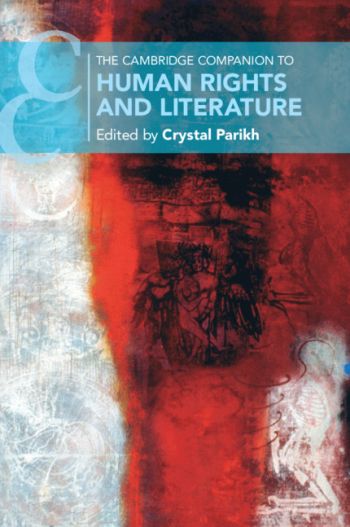
Literature has been essential to shaping the notions of human personhood, good life, moral responsibility, and forms of freedom that have been central to human rights law, discourse, and politics. The literary study of human rights has also recently generated innovative and timely perspectives on the history, meaning, and scope of human rights. The Cambridge Companion to Human Rights and Literature introduces this new and exciting field of study in the humanities. It explores the historical and institutional contexts, theoretical concepts, genres, and methods that literature and human rights share. Equally accessible to beginners in the field and more advanced researches, this Companion emphasizes both the literary and interdisciplinary dimensions of human rights and the humanities.